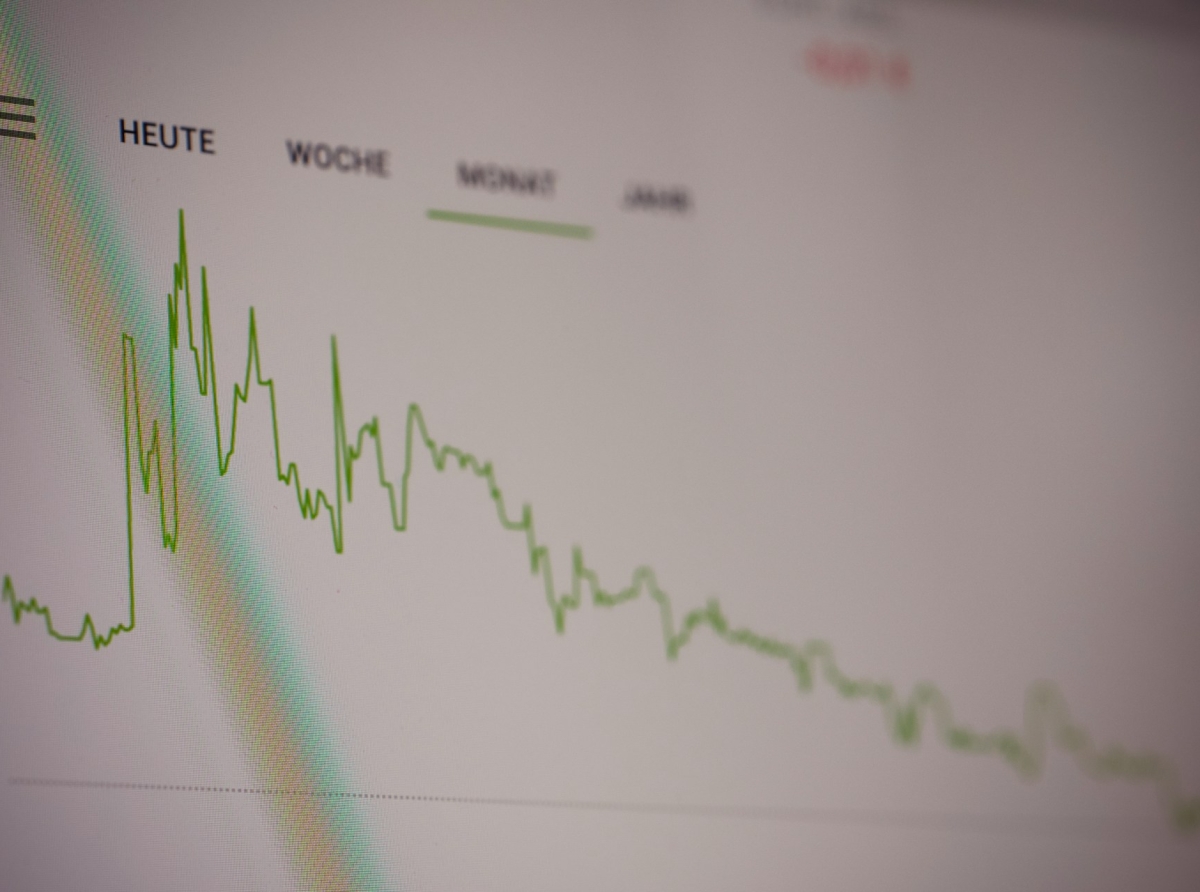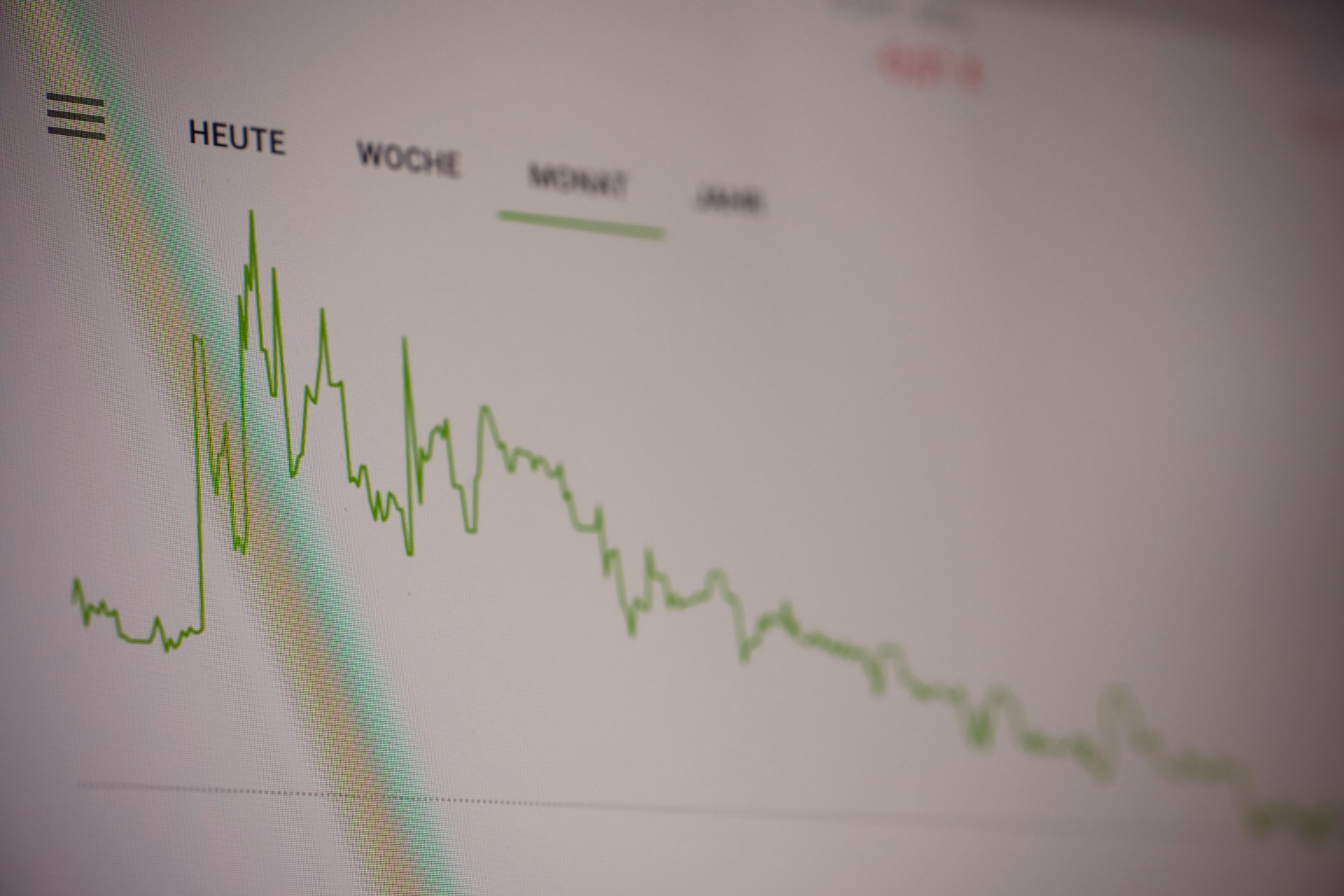
Mastering Forex Correction Strategies
Forex trading, with its daily volume surpassing $6 trillion, offers traders numerous opportunities to profit from currency price movements. Amid these movements are periods known as forex corrections—temporary reversals in the direction of a currency pair’s price trend. Understanding and navigating these corrections is essential for traders aiming to maximize their gains while minimizing risks.

Mastering Forex Correction Strategies
Forex corrections occur after a significant directional movement in the market and represent a phase where the prior trend pauses or reverses to a degree before potentially continuing. These corrections can be driven by various factors, such as profit-taking, economic news releases, or shifts in market sentiment. They offer strategic entry and exit points for traders who can accurately anticipate their occurrence and scope.
Identifying Forex Market Corrections
Recognizing the onset and conclusion of market corrections is crucial for timely decision-making in forex trading. Traders often rely on price action patterns—like flags, pennants, or double tops/bottoms—to spot potential correction phases. Additionally, technical indicators such as moving averages, Relative Strength Index (RSI), and Moving Average Convergence Divergence (MACD) can signal when a currency pair is overbought or oversold, hinting at an impending correction.Popular Correction Strategies
Once a correction is identified, traders have several strategies at their disposal:Retracement Entry: Traders enter the market when prices retrace to key levels—often identified using Fibonacci retracements—anticipating that the original trend will resume.
Breakout Trading: This involves entering trades when price breaks through a correction pattern’s boundaries, signaling potential continuation or reversal of the trend.
Counter-Trend Approaches: Some traders may opt to trade against the prevailing trend during corrections if they believe a more significant reversal is at play.
Each strategy has its merits and should be selected based on market conditions and individual trading style.
Risk Management During Corrections
The uncertain nature of corrections demands robust risk management practices. Traders should consider setting tight stop-loss orders to safeguard against larger-than-anticipated moves against their positions. Managing position sizes appropriately ensures that any single loss doesn’t significantly impact the overall capital. Adopting such practices preserves trading capital during volatile correction phases.Enhancing Performance with Advanced Tools and Techniques
For those looking to refine their correction trading tactics further:Fibonacci Retracement Levels: These provide potential support/resistance levels where corrections might stall or reverse.
Elliott Wave Theory: It offers insights into the cyclical nature of market trends and corrections, potentially improving entry/exit points.
Bollinger Bands: These bands adapt to volatility levels and can help determine whether a currency pair is overextended from its mean price.
Combining these advanced tools with fundamental analysis allows traders to align technical signals with broader economic trends for more informed trading decisions during forex market corrections.
In summary, forex corrections present both challenges and opportunities within the fast-paced currency markets. By mastering identification techniques, employing sound strategies tailored to current conditions, exercising strict risk management, and utilizing advanced analytical tools in conjunction with fundamental analysis, traders can navigate these periods effectively—turning short-term reversals into long-term successes.
Forex trading, Market corrections, Trading strategies, Foreign exchange, Risk management









Report
My comments